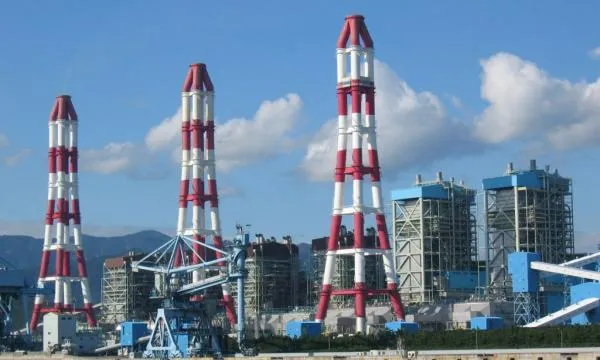
South Korea's power consumption to slow due to pandemic
This may cause the country’s coal generation to decline.
South Korea’s power consumption growth is expected to slow to 1.9% in 2020 as the COVID-19 outbreak weighs heavily on manufacturing, exports and private consumption, according to a Fitch Solutions report.
The country’s manufacturing sector and exports may likely be weighed by its large exposure to China in H1 2020. Measures to address the outbreak have hit China’s manufacturing and production, as well as logistical mobility, leading to substantial supply chain disruptions.
South Korea’s manufacturing Purchasing Managers’ Index (PMI) fell back into contractionary territory in January, and the sector is tipped to struggle in the coming months. Meanwhile, manufacturing accounts for a large share in the country’s power consumption.
A weak economic outlook is also expected to drag power consumption growth, as private consumption is projected to weaken. South Korea’s GDP is projected to grow just 1.7% for 2020. A hit on other sectors such as retail and services will also weaken private consumption.
This may cause the country’s coal generation to decline and post sluggish growth rates thereafter. With coal generation traditionally used to meet peak demand in the country, the fall in power demand may weigh on its need for coal in the near term.
The government previously announced a temporary suspension of 15 coal plants by the end of February, and to idle up to 28 coal plants by March. The remaining coal plants will have a cap on operational capacity of 80%, and six ageing coal plants will be retired by 2021.
As part of its new policy roadmap released in 2019, the Energy Ministry proposed a ban on all new coal-fired plants, and for some of the existing coal plants to be converted to run on LNG.








![Cross Domain [Manu + SBR + ABF + ABR + FMCG + HBR + ]](https://cmg-qa.s3.ap-southeast-1.amazonaws.com/s3fs-public/styles/exclusive_featured_article/public/2025-01/earth-3537401_1920_4.jpg.webp?itok=WaRpTJwE)
![Cross Domain [SBR + ABR]](https://cmg-qa.s3.ap-southeast-1.amazonaws.com/s3fs-public/styles/exclusive_featured_article/public/2025-01/pexels-jahoo-867092-2_1.jpg.webp?itok=o7MUL1oO)









 Advertise
Advertise


